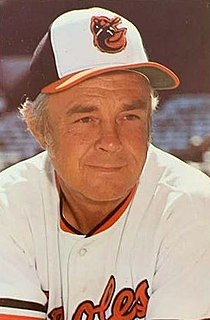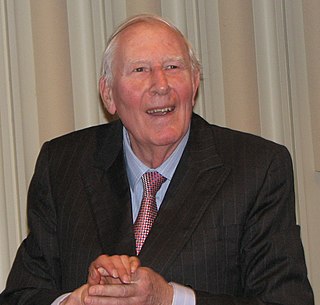A Quote by Jeffrey Kluger
There's only one thing harder than living in a home with an adolescent - and that's being an adolescent. The moodiness, the volatility, the wholesale lack of impulse control, all would be close to clinical conditions if they occurred at another point in life. In adolescence, they're just part of the behavioral portfolio.
Related Quotes
We have the most prolonged adolescence in the history of mankind. There is no other society that requires so many years to pass before people are grown up ... Adolescence is nurtured and prolonged by educational processes and by industry that has found a bonanza in embracing the adolescent population and fortifying 'adolescent values.' This prolongation of adolescence robs the country of the population group having the most risk takers, and the highest ideals.
Political correctness and so many of the political fashions of the day...could only be perpetrated in adolescent minds: minds, that is, that are trained to search out one thing and one thing only...Only an adolescent would find it worthwhile to devote his or her attention chiefly to the hunting of offenses, the possibility of slights, real and imagined.
The first typical adolescent of modern times was Wagner's Siegfried. : the music of Siegfried expressed for the first time that combination of (provisional) purity, physical strength, naturism, spontaneity and joie de vivre which was to make the adolescent the hero of our twentieth century, the century of adolescence.
The pulp hero, though he may be a renegade, is a guy who doesn't feel. Anything. Ever. And for the adolescent male - pummeled by emotions left and right, whether arising from sexuality or resulting from his necessary encounters with authority - this hero is a blessing, a relief and a release. The world he lives in, where feelings are totally under control, looks to the adolescent boy like heaven! This hero's lack of feeling - like Star Trek's Spock - is what allows him to be a genius, or allows him to shoot the bad guys and/or aliens, without a quiver to his lip.





































